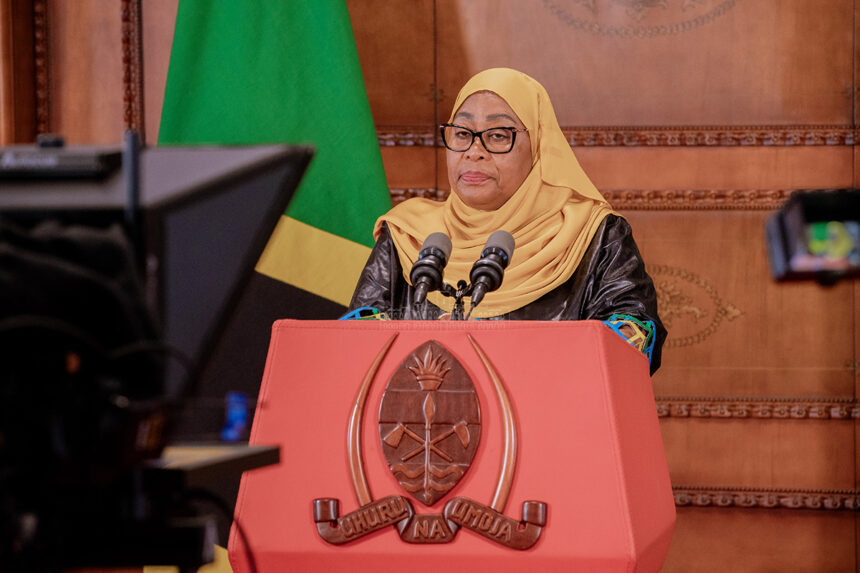President Samia Suluhu’s New Year address highlights the significant strides made in the tourism sector, pointing towards a positive trajectory in Tanzania’s global appeal. The statistics presented indicate a substantial increase in tourist arrivals and revenue generated from October last year to October 2023, showcasing the sector’s resilience and the effectiveness of government efforts.
The influx of 1,750,557 tourists, compared to 1,381,881 during the same period in 2022, reflects a commendable growth of 26%. This arrival surge signifies a growing global interest in Tanzania as a preferred tourist destination. The positive correlation between increased tourist numbers and revenue indicates the sector’s economic significance and potential for further expansion.
The surge in revenue from USD 2.33 billion to USD 3.22 billion over the same period underscores the tourism industry’s economic impact. This growth is a testament to the attractiveness of Tanzania’s tourist destinations and highlights the effectiveness of government initiatives and collaboration with industry stakeholders.
President Samia Suluhu’s call for continued improvement in service quality within the tourism sector is strategic. It aligns with the imperative to provide tourists a memorable and positive experience, fostering repeat visits and positive word-of-mouth marketing. The emphasis on maintaining hospitality for visitors within tourist destinations emphasises the role of Tanzanians in creating a welcoming environment that enhances the overall tourism experience.
In conclusion, President Samia Suluhu’s address portrays the tourism sector as a vital contributor to Tanzania’s economic growth. The government’s commitment to enhancing services and the call for continued hospitality from the local population reinforce the importance of sustainable tourism practices for long-term economic benefits.


